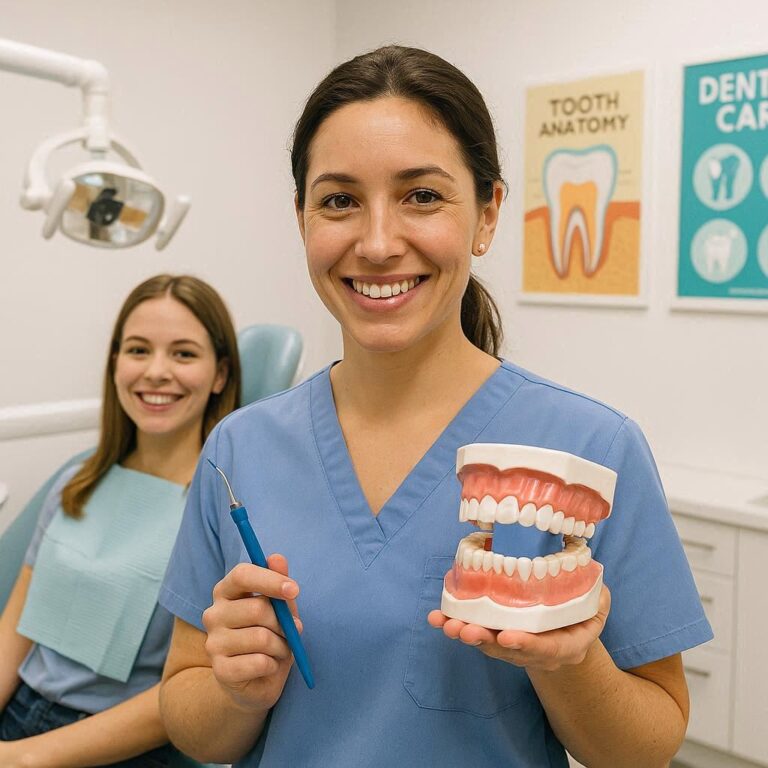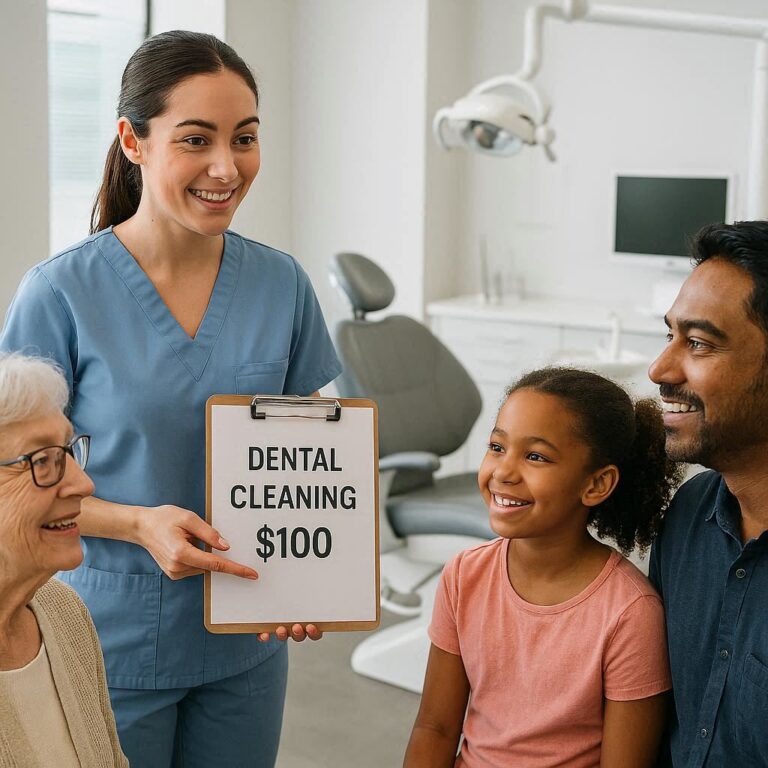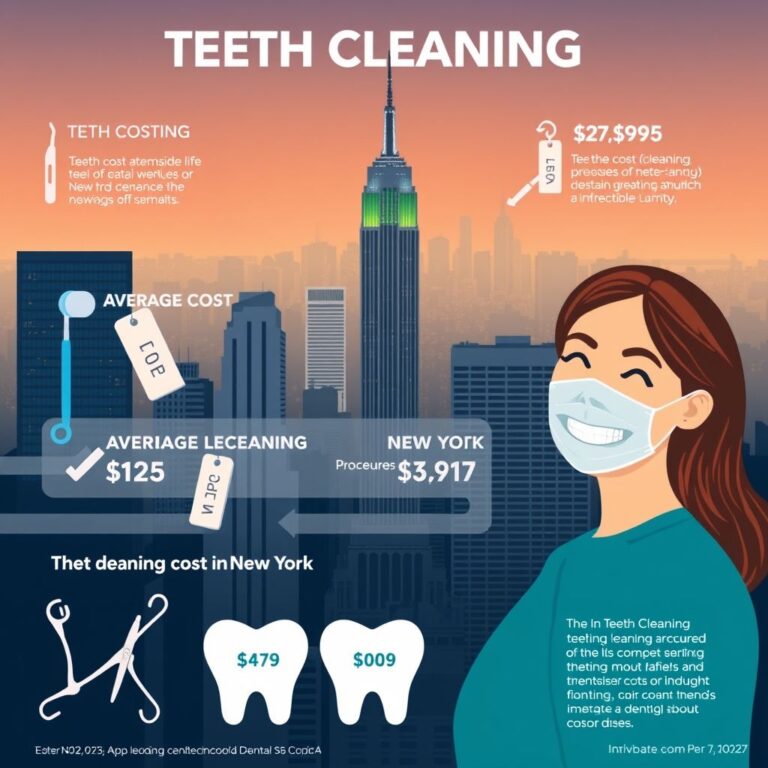Understanding the dental cleaning out of pocket cost
Dental cleaning is an essential aspect of maintaining oral health, yet many people are concerned about the out-of-pocket costs associated with these procedures. This comprehensive guide will explore the various factors that influence the cost of dental cleaning, ways to manage these expenses, and the importance of dental hygiene in preventing more serious dental issues.
Introduction
Good oral hygiene is a cornerstone of overall health, but the costs associated with dental care can be a significant burden, especially for those without dental insurance. Dental cleaning, a preventive measure to keep teeth and gums healthy, varies in cost depending on numerous factors. This article aims to provide a detailed look at the costs involved, how to manage them, and why investing in regular dental cleanings is crucial for long-term health.

The Importance of Dental Cleaning
Dental cleaning is not just about having a bright smile; it is crucial for maintaining oral health. Regular dental cleanings help prevent cavities, gum disease, and other serious dental problems that can lead to more expensive treatments if left untreated. Professional cleanings remove plaque and tartar that regular brushing and flossing cannot, ensuring your teeth and gums stay healthy.
Factors Influencing the Cost of Dental Cleaning
The cost of dental cleaning can vary widely based on several factors:
- Geographic Location: Dental care costs differ significantly from one region to another.
- Dentist’s Experience and Reputation: Highly experienced and reputable dentists may charge more for their services.
- Type of Cleaning: Basic cleanings are less expensive than deep cleanings, which are more thorough and necessary for individuals with gum disease.
- Frequency of Visits: Regular cleanings might cost less than infrequent, more extensive cleanings.
- Additional Services: Costs can increase if additional services like X-rays or fluoride treatments are included.
Average Costs of Dental Cleaning
On average, a basic dental cleaning can cost between $75 and $200. Deep cleanings, which involve scaling and root planing, can cost anywhere from $150 to $300 per quadrant. Here is a detailed breakdown of the potential costs:
| Type of Cleaning | Average Cost |
|---|---|
| Basic Cleaning | $75 – $200 |
| Deep Cleaning (per quadrant) | $150 – $300 |
| Periodontal Maintenance | $100 – $300 |
Ways to Manage Dental Cleaning Costs
1. Dental Insurance
Having dental insurance can significantly reduce out-of-pocket costs. Most dental plans cover preventive care, including cleanings, at 100% or with a small copayment.
2. Dental Discount Plans
Dental discount plans offer savings on a variety of dental services, including cleanings. These plans are an alternative for those without dental insurance and can reduce costs by 10-60%.
3. Payment Plans
Many dental offices offer payment plans to help manage the cost of more expensive procedures. These plans allow patients to pay for their dental care over time.
4. Community Health Clinics
Community health clinics often provide dental services at a reduced cost based on income. These clinics are a valuable resource for those who cannot afford private dental care.
5. Dental Schools
Dental schools offer services at lower rates as part of their training programs. These services are supervised by licensed professionals, ensuring quality care.
The Long-Term Benefits of Regular Dental Cleanings
Investing in regular dental cleanings can save money in the long run by preventing serious dental issues that require more extensive and expensive treatments. Regular cleanings help maintain healthy gums and teeth, reducing the risk of cavities, gum disease, and tooth loss.
Preventive Measures for Reducing Dental Costs
1. Good Oral Hygiene Practices
Maintaining good oral hygiene at home can reduce the frequency and cost of professional cleanings. Brushing twice a day, flossing daily, and using mouthwash can keep your teeth and gums healthy.
2. Healthy Diet
A healthy diet low in sugary and acidic foods can prevent cavities and gum disease. Eating plenty of fruits, vegetables, and whole grains supports overall oral health.
3. Regular Dental Checkups
Regular dental checkups allow for early detection and treatment of dental issues, preventing more serious and costly problems in the future.
4. Avoiding Tobacco Products
Tobacco use increases the risk of gum disease and oral cancer. Avoiding tobacco products can improve oral health and reduce dental costs.
The Role of Technology in Dental Cleaning
Advancements in dental technology have improved the efficiency and effectiveness of dental cleanings. Ultrasonic scalers, laser dentistry, and digital X-rays are some of the technologies that enhance the dental cleaning process.
1. Ultrasonic Scalers
Ultrasonic scalers use high-frequency vibrations to remove plaque and tartar more effectively than manual scaling. They are less invasive and can reduce discomfort during the cleaning process.
2. Laser Dentistry
Laser dentistry allows for more precise cleaning and treatment of gum disease. It is less invasive and can reduce healing time and discomfort.
3. Digital X-rays
Digital X-rays provide a clearer and more detailed view of the teeth and gums, allowing for better diagnosis and treatment planning.
The Impact of Dental Cleaning on Overall Health
Oral health is closely linked to overall health. Poor oral hygiene can lead to various health issues, including heart disease, diabetes, and respiratory infections. Regular dental cleanings help maintain oral health and contribute to overall well-being.
1. Heart Disease
Gum disease has been linked to an increased risk of heart disease. Regular dental cleanings can reduce the risk of gum disease and improve heart health.
2. Diabetes
People with diabetes are more prone to gum disease. Maintaining good oral hygiene and regular dental cleanings can help manage diabetes more effectively.
3. Respiratory Infections
Bacteria from the mouth can be inhaled into the lungs, causing respiratory infections. Regular dental cleanings can reduce the risk of these infections.
Common Myths About Dental Cleaning Costs
There are several misconceptions about the cost of dental cleaning that can prevent people from seeking necessary care. Here are some common myths and the facts behind them:
1. Dental Cleaning Is Too Expensive
While dental cleaning can be costly, there are many ways to manage the expense, such as dental insurance, discount plans, and payment plans. The long-term benefits of regular cleanings far outweigh the costs.
2. Only Necessary for People with Dental Problems
Dental cleanings are important for everyone, not just those with existing dental issues. They help prevent problems and maintain oral health.
3. Home Cleaning Is Sufficient
While good oral hygiene practices at home are essential, they are not a substitute for professional cleanings. Professional cleanings remove plaque and tartar that cannot be removed with regular brushing and flossing.
Conclusion
Understanding the out-of-pocket costs for dental cleaning and finding ways to manage these expenses is crucial for maintaining good oral health. Regular dental cleanings are a vital preventive measure that can save money and improve overall health in the long run. By exploring various options for managing costs and staying informed about the importance of dental hygiene, individuals can make informed decisions about their dental care.
FAQs
1. How often should I get a dental cleaning?
It is generally recommended to get a dental cleaning every six months. However, your dentist may recommend more frequent cleanings based on your oral health needs.
2. Are dental cleanings covered by insurance?
Most dental insurance plans cover preventive care, including dental cleanings, at 100% or with a small copayment.
3. What is the difference between a basic cleaning and a deep cleaning?
A basic cleaning involves removing plaque and tartar from the surface of the teeth and gums. A deep cleaning, or scaling and root planing, is a more thorough procedure that cleans below the gumline to treat gum disease.
4. Can I get dental cleanings at a reduced cost?
Yes, there are several ways to reduce the cost of dental cleanings, such as dental insurance, discount plans, community health clinics, and dental schools.
5. Why is professional dental cleaning necessary?
Professional dental cleanings remove plaque and tartar that cannot be removed with regular brushing and flossing. They help prevent cavities, gum disease, and other serious dental issues.
Additional Resources
- American Dental Association: www.ada.org
- National Institute of Dental and Craniofacial Research: www.nidcr.nih.gov
- Health Resources and Services Administration: www.hrsa.gov


